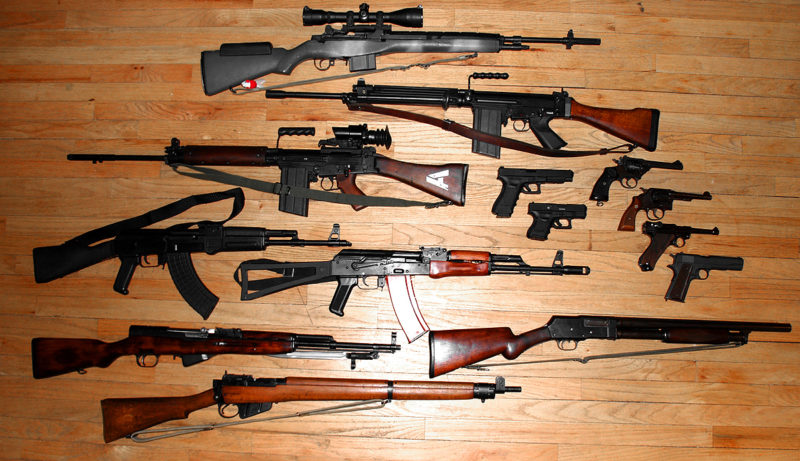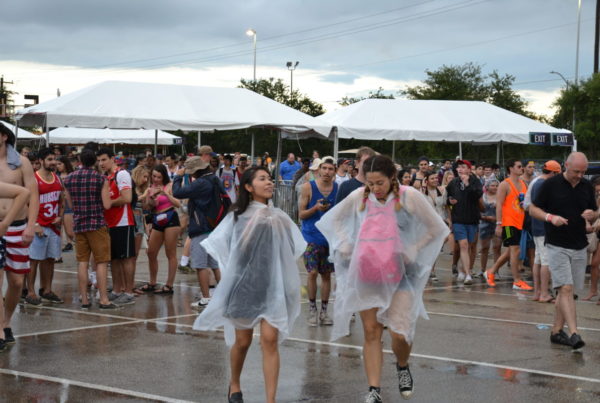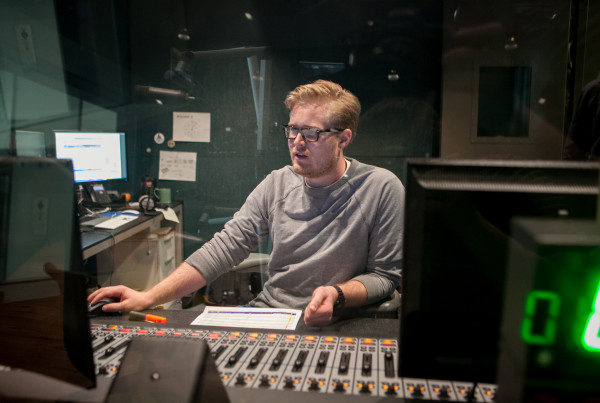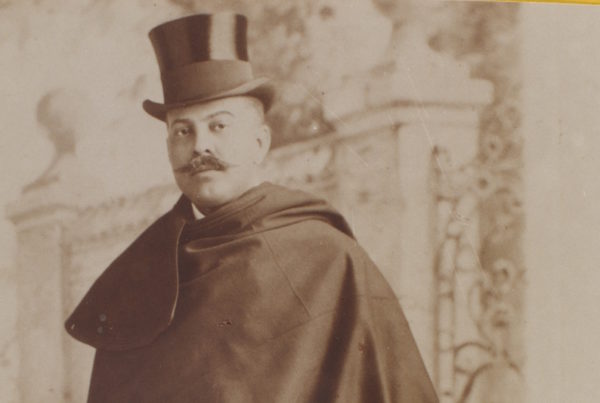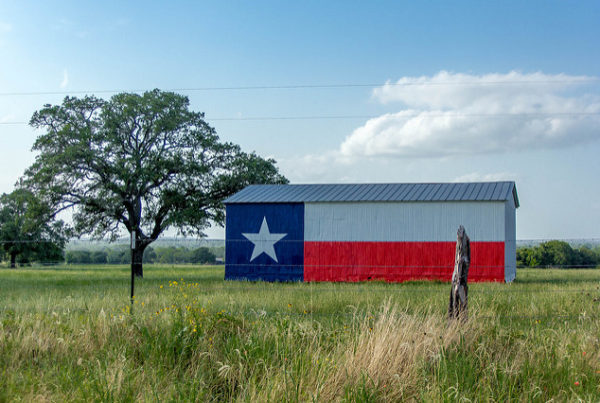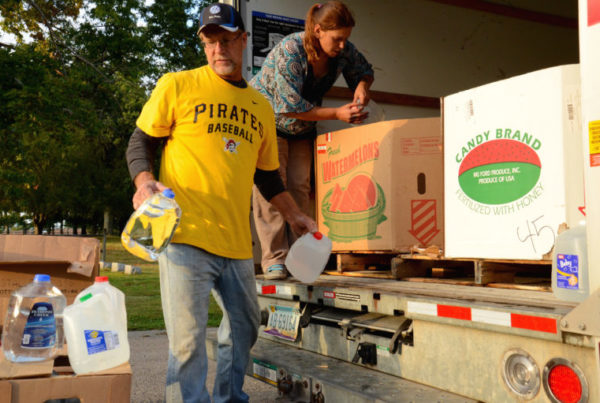The U.S. House of Representatives reconvenes today after last month’s session came to a speedy close. The Republican-controlled House adjourned the session until Tuesday, July 5. This after voting to pass $1.1 billion in funding to combat the Zika virus in order to keep gun legislation from coming to a vote.
The House Democrats, led by Georgia Democrat Rep. John Lewis, revived a tactic used by Lewis during his days as a civil rights activist, staging an unprecedented sit-in on the floor of the House chambers. They were demanding votes on gun legislation. There were a few on the docket: one to expand background checks, another to ban gun sales to those on the no-fly watch list. House Speaker Paul Ryan called the sit-in a publicity stunt. But he said the bills would come to a vote in a conference call just a few days later.
What changed Ryan’s mind? Abbey Livingston, Washington Bureau Chief for the Texas Tribune, says it was part of the chaos of the sit-in.
“He projected that he was very disturbed with the proceedings among Democrats,” she says. “It set a bad precedent for the future.”
Ryan’s not inclined to back down, Livingston says, nor would the GOP caucus allow him to do so.
Livingston says the forthcoming bill up for a vote isn’t one the Democrats like. The wording isn’t out yet, but the bill is being framed as similar to Texas Sen. John Cornyn’s “no-fly, no-buy” bill that was voted down by the Democrats in the Senate.
Cornyn’s bill would have given the Department of Justice power to go to court to prove probable cause if someone on the terrorism watch lists was flagged at trying to buy a gun. Law enforcement would then have three days to stop the sale. But the Democrats argued that was an impossible timeframe to work in; it would be hard to vet every challenge. They also say the bill was back by the National Rifle Association and was a toothless way of attacking an issue which with Republicans are not doing well nationally in the polls.
Livingston was sitting in the chamber when the Democrat’s protest started.
“You could feel there was a sincere feeling of protest,” she says. “These are people who truly believe that if there was more gun control, things like Orlando would not happen. But at the same time they were making it a political issue.”
Listen to the full interview in the audio player above.
Post by Beth Cortez-Neavel.


